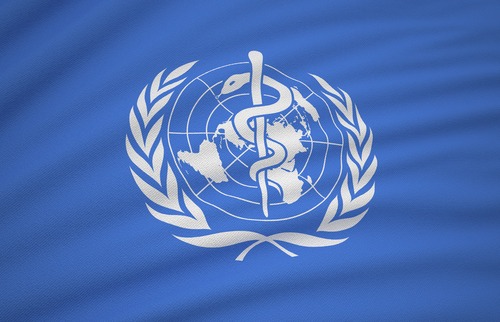
In its first-ever global assessment of country health information systems, released this week, the World Health Organization (WHO) noted that while two-thirds of low-income countries have some form of system to report causes of death, there is a widespread need for improvement.
This has been made abundantly clear in the era of COVID-19, the SCORE report determined. Currently, 4 in 10 of the world’s deaths remain unregistered and, in Africa, only 1 in 10 deaths is currently recorded. Faced with pandemic scenarios, even the most advanced health and data systems struggle to provide data in near real-time.
That has led to limited understanding of COVID-19’s true death toll, which in turn hurts pandemic response planning.
“The pandemic has stretched the capacity of country health information systems around the world, as they must track both the disease and other critical health trends,” Dr. Tedros Adhanom Ghebreyesus, WHO Director-General, said. “The SCORE report is an important step towards better data, for better decisions and better health.”
Composed in partnership with Bloomberg Philanthropies, the report stressed the need to strengthen data systems to better respond to health emergencies and track progress toward health goals. While 60 percent of countries reviewed currently host well-developed systems for reviewing progress and performance in their health sectors, only half can monitor the quality of care. Only 32 percent have a good capacity for a national digital health strategy, based on recommended standards.
Certain health issues also fare better in the data realm than others. Immunization, tuberculosis, and HIV, for example, all present a surfeit of data. By comparison, less than half of countries report national facility data on severe mental health disorders.
“Among other recommendations, the report urges countries to strengthen their overall health data systems, to improve their death data registration systems, and to collect more and better quality data to address inequalities,” Michael Bloomberg, WHO Global Ambassador for Noncommunicable Diseases and Injuries, said.




